The adult Panther Grouper is a large predatory fish that can be aggressive towards smaller fish and invertebrates. They require a tank with plenty of space and should only be kept with larger, aggressive species.
They have a striking appearance with black and white dalmatian-like patterns on their bodies, making them a desirable choice for some aquarists. In this guide, we will explore the care requirements, diet, and tank conditions needed to keep a Panther Grouper healthy and thriving in a saltwater aquarium.
Whether you are a seasoned aquarium enthusiast or a beginner, this comprehensive guide will provide you with all the information you need to successfully care for a Panther Grouper.
Table of Contents
Introduction To The Adult Panther Grouper
The adult Panther Grouper, also known as Chromileptes altivelis, is a large predatory fish found in Austin, Texas, United States. It has a unique appearance with a polka-dot pattern on its body and can grow to be quite big. When it comes to their characteristics, they are aggressive and should be kept with large, aggressive species only.
This species is known to eat small fish and invertebrates. In terms of tank size, a larger tank is required to accommodate the adult Panther Grouper. They are moderate care level fish that require a saltwater setup with live rock and plenty of hiding spots.
Their diet consists of a variety of meaty foods. Overall, the adult Panther Grouper is an impressive species that requires careful consideration and appropriate care in an aquarium setting.
Habitat And Tank Requirements For The Adult Panther Grouper
The adult Panther Grouper, also known as Chromileptes altivelis, requires specific habitat and tank conditions. First, it is essential to provide an ideal tank size suitable for its size and needs. Secondly, maintaining appropriate water parameters and conditions is crucial for the Panther Grouper’s well-being.
The tank should be decorated with hiding places and suitable tank decorations to create a natural and secure environment for the fish. Providing hiding places allows the Panther Grouper to feel safe and reduce stress levels. To sum up, creating a suitable habitat and tank conditions for the adult Panther Grouper is essential for its health and overall well-being.
Feeding And Diet Of The Adult Panther Grouper
The adult Panther Grouper, also known as Chromileptes altivelis, has natural feeding habits that contribute to its diet. This fish is a large predator, capable of defending itself against other species. Due to its size and predatory nature, it is recommended to keep the Panther Grouper alongside larger aggressive fish and avoid introducing small fish or invertebrates that may be seen as prey.
As for the recommended diet, the Panther Grouper can be fed a variety of foods including live or frozen shrimp, fish, and squid. Feeding techniques and frequency should be adjusted based on the specific needs and behavior of the fish.
Providing a balanced diet and monitoring the fish’s appetite and nutritional needs is essential for maintaining its health in a captive environment.
Reproduction And Lifespan Of The Adult Panther Grouper
The adult Panther Grouper, also known as Chromileptes altivelis, exhibits fascinating reproductive behavior. During the breeding process, males establish and defend territories while attracting females through various courtship displays. Once successful, the female Panther Grouper lays a large number of eggs that are fertilized externally by the male.
The eggs are then scattered and attached to a substrate, where they are guarded and cared for by the male until they hatch. In terms of lifespan and longevity, adult Panther Groupers can live up to 20 years or more if properly cared for in the right conditions.
Caring for the fry and juveniles involves providing them with a suitable tank, a balanced diet, and a controlled environment to promote healthy growth. By understanding the reproduction and lifespan of the adult Panther Grouper, enthusiasts can ensure the continued well-being of these captivating fish.
Potential Diseases And Health Issues Of The Adult Panther Grouper
The Adult Panther Grouper can experience various diseases and health issues throughout its lifespan. These include common ailments like bacterial infections, parasites, and fungal infections. Prevention and treatment of these diseases are crucial to maintain the overall health of the fish.
Providing a clean and well-maintained environment with proper filtration is essential for disease prevention. Regular water testing and monitoring of water parameters can also help detect any potential issues. Quarantining new fish before introducing them to the main tank can prevent the spread of diseases.
Additionally, a balanced and nutritious diet is important to boost the fish’s immune system. Regular observation of the fish’s behavior and physical appearance can help in early detection of any health issues. Prompt treatment with suitable medications is necessary to ensure a quick recovery and overall well-being of the Adult Panther Grouper.
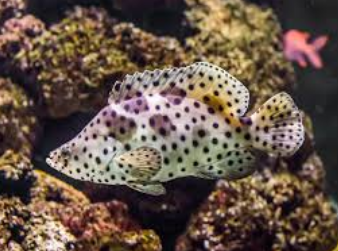
Compatible Tankmates For The Adult Panther Grouper
When selecting suitable tankmates for the adult Panther Grouper, there are several factors to consider. First and foremost, it is important to avoid aggressive or incompatible tankmates. This is because the Panther Grouper is a large predatory fish that may harm smaller fish or invertebrates.
It is best to keep them with large aggressive species that are capable of defending themselves. Additionally, the tank size should be appropriate, as Panther Groupers require ample space to swim and establish their territory. It is also crucial to provide a suitable habitat and tank conditions, including a saltwater setup with live rock and plenty of hiding spots.
Lastly, the diet of the tankmates should be taken into consideration to ensure compatibility and avoid any competition for food resources.
Frequently Asked Questions For Adult Panther Grouper
How Big Does A Panther Grouper Get?
The Panther Grouper can grow quite large in size.
Are Panther Groupers Aggressive?
Panther groupers are large predatory fish that can be aggressive towards small fish and invertebrates.
What Size Tank Do You Need For A Panther Grouper?
A Panther Grouper requires a tank size appropriate for their large size.
How Fast Do Panther Grouper Grow?
Panther Grouper grow at a moderate pace.
Conclusion
The Adult Panther Grouper, also known as Chromileptes altivelis, is a captivating and stunning species that captivates aquarists with its dalmatian-like appearance of white and black spots. This predatory fish is able to defend itself, making it compatible only with large, aggressive species to avoid any risk to smaller fish or invertebrates in the tank.
When it comes to tank requirements, the Panther Grouper thrives in a saltwater setup with ample live rock and hiding places. A moderate level of care is needed to maintain a suitable tank environment. One fascinating aspect of the Adult Panther Grouper is its growth rate.
These fish can grow rapidly, making it necessary to provide a spacious tank for their development. With proper care and feeding, they can reach impressive sizes. The Adult Panther Grouper is a sought-after fish for aquarium enthusiasts due to its unique appearance and intriguing behaviors.
By understanding their specific care requirements and providing them with a suitable habitat, aquarists can enjoy the beauty and charm of these remarkable creatures.
I am a passionate aquarist with over 30 years of hands-on experience in fishkeeping. My journey began at a young age, collecting fish from the wild and learning through experimentation. Specializing in tropical fish, I bring a deep understanding of the hobby to FishKeepingMadeSimple. The site provides honest, detailed reviews of essential products and accessories to help fellow enthusiasts create the best environments for their fish.

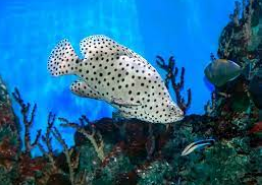
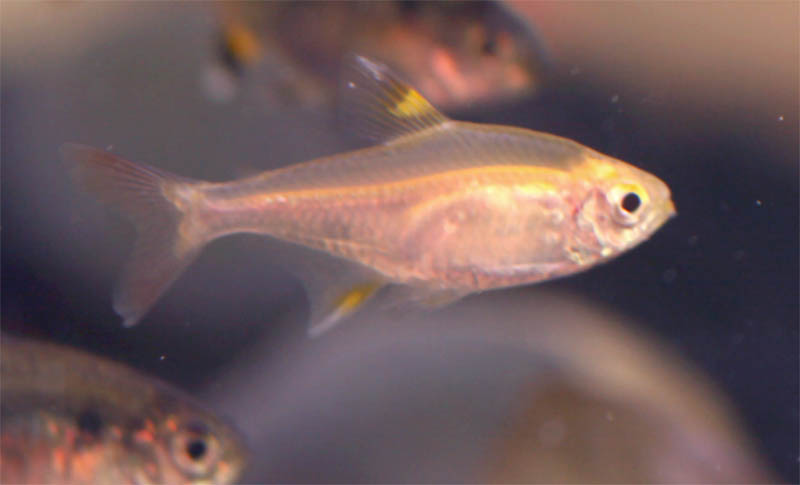
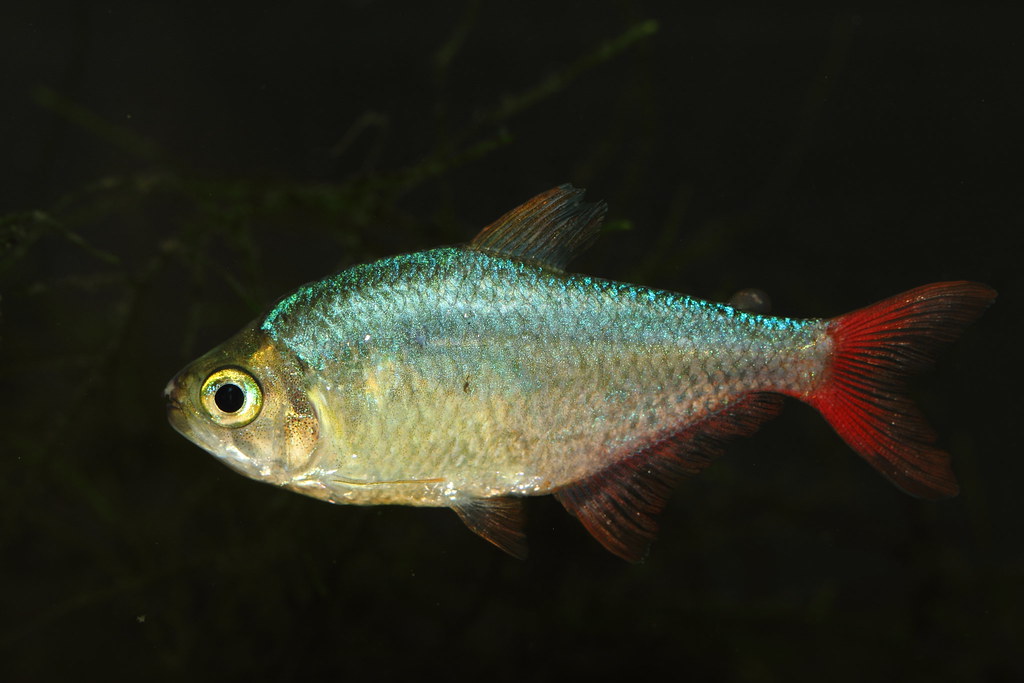
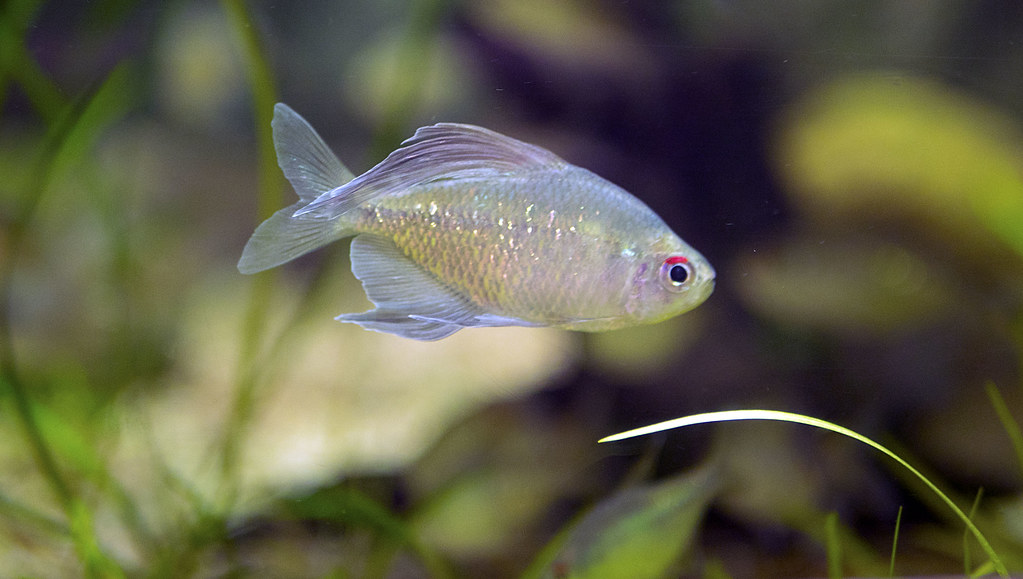
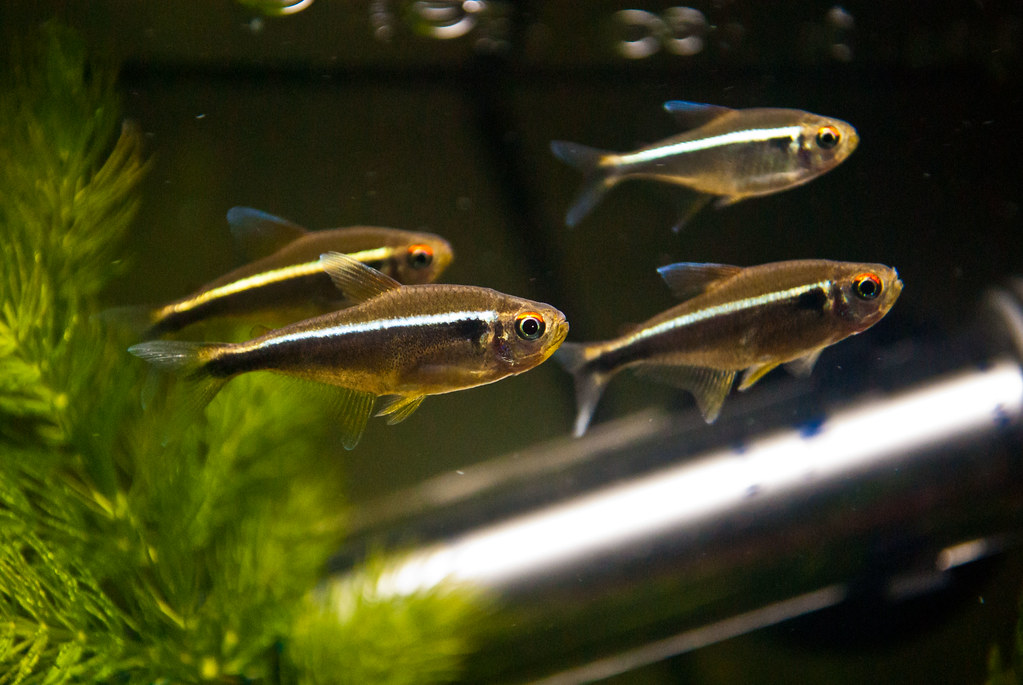
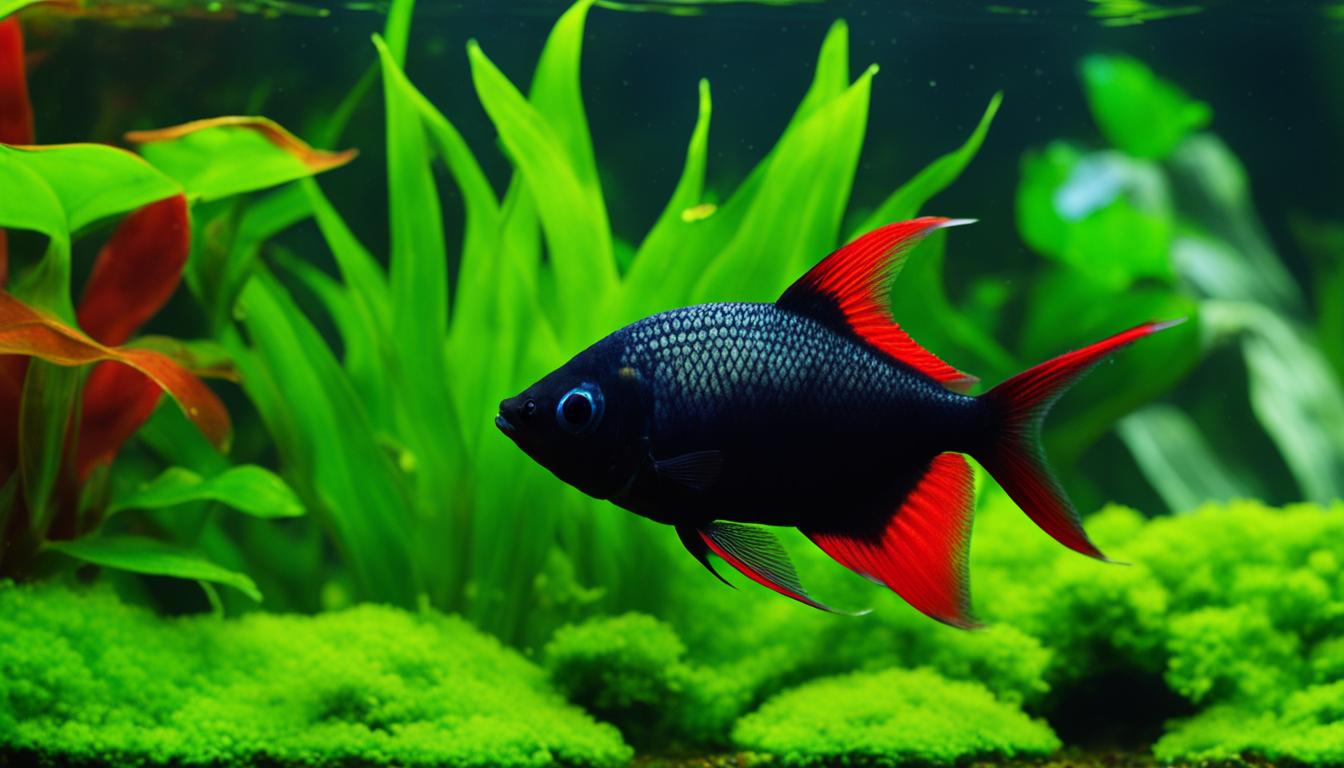







[…] the most captivating Freshwater Aquarium Fish are the Silver Arowana and Jardini Arowana. These majestic species, known for their unique beauty and elegance, require specific care and environmental conditions to […]